With the beginning of a new month, New York’s eviction moratorium was set to expire on Tuesday and the national ban struck down by the U.S. Supreme Court, thousands of struggling renters in the state are concerned about protection against losing their homes.
New York’s eviction ban, which is separate from the nationwide moratorium issued by the Centers for Disease Control and Prevention more than a year ago, has only until the end of Tuesday before it ends. Like the CDC ban, it was enacted to help renters who are financially struggling due to effects of the COVID-19 pandemic.
Potentially tens of thousands of New York renters could be affected by the expiration, especially now that the CDC’s ban has been undercut by the nation’s high court.
New York lawmakers are planning to convene for a special session on Wednesday — the first day without the statewide moratorium — and revive the ban on evictions until mid-January, according to reports by the New York Post and the New York Daily News.
“This is the time for the government to step up and protect all New Yorkers as we continue to battle this pandemic,” New York Senate Democratic leader Andrea Stewart-Cousins said, according to the Daily News. “We are working with both the governor and the assembly to figure out the best path forward.”
New York Gov. Kathy Hochul also has expressed support for pushing the moratorium back and said she’s been in discussions with the state assembly on the matter.
“There are still active and ongoing discussions regarding expanding the eviction moratorium and any legislative action. We’ll have more to announce soon,” she said, according to the Post.
New York landlords, however, are preparing to fight lawmakers if they take action to bar evictions.
Joe Strasburg, president of the Rent Stabilization Association, said the organization plans to sue if the state assembly extends the moratorium, arguing the bans are “unconstitutional and unlawfully place enormous burdens on property owners.”
“If New York State lawmakers enact legislation that disregards and attempts to circumvent the decision by [the Supreme Court] we will immediately take legal action, this time asking for damages,” Strasburg said, according to the Daily News.
Last week the Supreme Court ruled that the CDC exceeded its authority in issuing the nationwide ban and that the federal government had three months after a lower court ruling to distribute rental assistance funds. In that time, the court said, harm to landlords has increased while the interests of the governments have decreased.
In a video posted to Twitter on Monday, U.S. Attorney General Merrick Garland urged the U.S. legal community to provide counseling or agents to struggling renters who face eviction as they seek to mediate disputes with landlords or apply for rental assistance.
“Ensuring that our judicial system produces fair and universal results, regardless of wealth or status is one of the best ideals for our profession,” he said.
Last week, Garland, Treasury Secretary Janet Yellen and Housing and Urban Development Secretary Marcia Fudge sent letters to state and local officials urging them to prevent “unnecessary evictions.”
“Our bottom line is this: No one should be evicted before they have the chance to apply for rental assistance and no eviction should move forward until that application has been processed,” they wrote.
The letter noted that the Treasury Department was placing its focus on partnering with state and local governments to distribute Emergency Rental Assistance funds.
The Supreme Court this month also struck down a portion of the New York ban that allowed tenants to cite loss of income related to COVID-19 in a hardship declaration form.
Last week, government data showed that slow distribution of rental aid is fueling the eviction crisis.
According to data released by the Treasury Department, just $1.7 billion from the Emergency Rental Assistance Program was disbursed to 340,000 U.S. homes over the month of July, a slight increase over June.
The federal program was funded with $46.5 billion, but it’s up to states to process applications and distribute the aid. And some have moved slower than others.
President Joe Biden’s administration is formulating strategies to address the Supreme Court’s order and plans to focus on states like South Carolina, Tennessee, Georgia and Ohio, which have backlogs of unpaid rent and few statewide protections for renters, The New York Times reported. Other states and municipalities, including California, also have moratoriums separate from the CDC ban.
Copyright 2021 United Press International, Inc. (UPI). Any reproduction, republication, redistribution and/or modification of any UPI content is expressly prohibited without UPI’s prior written consent.
—-
This content is published through a licensing agreement with Acquire Media using its NewsEdge technology.



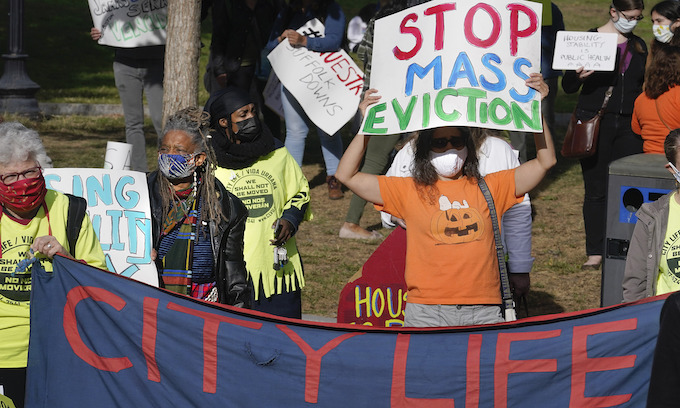
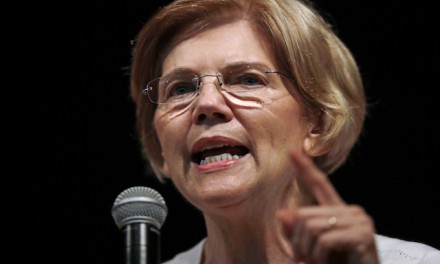
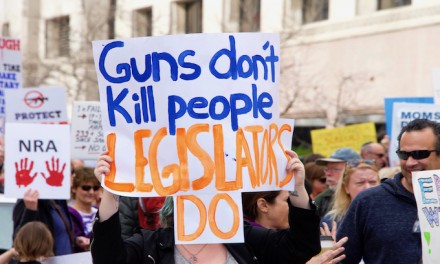
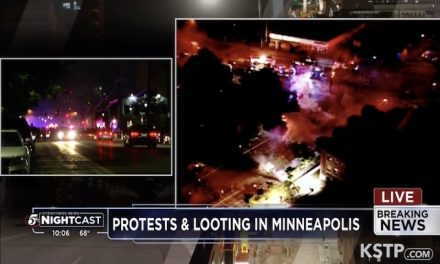
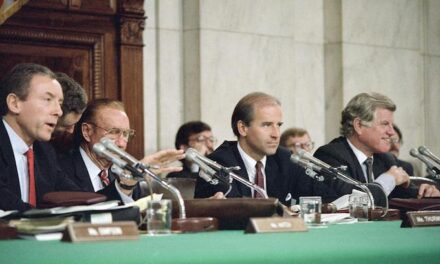











Go to Mexico and cross back over. Biden and company will set you up.
Son Of Thunder
The sad thing is that this is true.
There are Jobs, so go to work and pay your rent.
AND they all got PLENTY OF dosh from biden and the state via increased unemployment bennies.. SO WHAT DID THEY SPEND IT all on, iF NOT THEIR bloody rent!!
“thousands of struggling renters in the state are concerned about protection against losing their homes”. There are tons of job openings, because no one wants to work. So I suggest these renters, get off of their “buns” and start working, so they can pay their rent.
EVERYONE else through out history, who FAILED TO PAY THEIR RENT< got evicted.. SO WHY Should "being in covid", stop that!?
Start putting skin into the game instead of being a dirt bag. land lords have to pay to support you like you are their children.
Gimme a break.
THat is why i often think, ONLY LAND OWNERS/property owners, should vote.. BECAUSE RENTERS do not have ‘skin’ in the game’, so to speak.